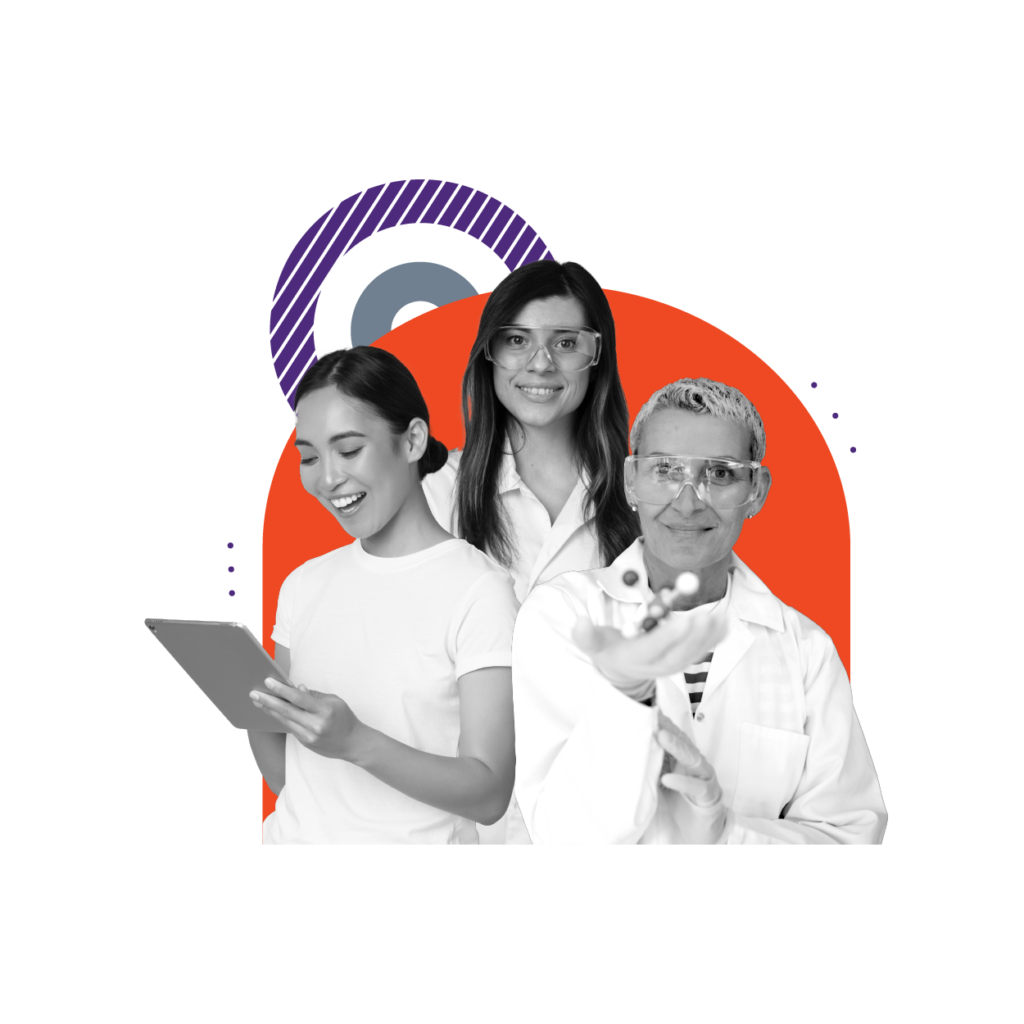Gender Equity

We sat down with Prof. Amber Grace Young to talk about her path in ICT and her views on women in tech and academia.
Prof. Amber Grace Young is the Director of the Information Systems PhD programme and Associate Professor of Information Systems in the Sam M. Walton College of Business at the University of Arkansas. She is also Associate Editor at MIS Quarterly. She was a visiting researcher at the University of Luxembourg’s Interdisciplinary Centre for Security, Reliability and Trust (SnT) last summer and works closely with the FINATRAX research group.
Her current research focuses on how information systems can promote social good and positive organisational outcomes. For example, she works on the link between artificial intelligence (AI) and ethics and its implications for financial services. This topic is closely related to the National Centre of Excellence in Financial Technologies (NCER-FT), which addresses the challenges of new technologies such as AI for financial services.
What inspired you to pursue a career in technology?
The benefits of technology for education inspired me. I started my career in mathematics and taught mathematics and physics at the Oklahoma School of Science and Mathematics for two years. During that time, I realised that my students had a lot of trouble visualising equations in 3D. They were unable to look at the equations and imagine what they would represent. As I am passionate about education and I wanted them to understand, I looked for software to animate 3D drawings of equations. Thanks to that software, the students could see the objects represented by equations. I quickly began developing new modules to align with the problems in our textbook. Wanting to learn more about how software could help students, I entered the PhD programme in Management Information Systems at the University of Oklahoma. Working now in ICT, I am fascinated by researching technologies that have real-life consequences and the potential to create a better world for future generations.
What do you work on today?
I am really interested in how IT can promote organisational and social good. Specifically, how IT can be used to foster workers’ well-being, societal emancipation, social inclusion, and sustainability. Concerning financial services, I am working on a paper on the use of AI for loan recommendation systems in the FinTech sector. As we move towards AI enabled decision making, it is important that we make sure that the outcomes of these decisions are ethical, and that the AI is not biased. We worked with data from a FinTech company outside the US that was using AI to make lending decisions and found that the system introduced a bias against people who lived in rural areas. We implemented several different strategies to correct the algorithmic bias. Surprisingly, the strategies not only led to less bias but also to slightly higher revenues for the company.
What is a challenge you have had to face as a woman in the pursuit of your career?
The challenges in the workplace can be different for men and women, and particularly for mothers. It is a challenge to be pregnant in the workplace and later to balance childcare and work. During my career, I experienced sometimes supportive, but other times very difficult, circumstances. For example, a senior colleague once told me that I had not earned the privilege of having another child because I was not far enough in my career. I even left one job because they denied me maternity leave, going so far as to deny me unpaid leave or accrued sick leave to recover from childbirth. In some places there are double standards for men and women. In the past, I was even told that men were allowed to wear jeans on campus, but women were expected to dress formally. Men could work from home, but women were expected to work from the office and not leave campus during lunch. Today, we can address these issues because the women of the generations before us paved the way. They had to be stronger, brighter, and faster to accomplish their goals. Today, we can push back and insist that there cannot be a different set of rules for women. What really helped me in my career were women who said: ‘I went through that, and I don’t want you to experience the same thing.’
Who was your role model and why?
I had so many great mentors and role models—especially Shaila Miranda, who was my advisor in the PhD programme. She really fought to make space in the programme for me as a mother. There have been so many women and men who helped me and opened doors for me early in my career.
What could society do to encourage girls to pursue a career in ICT?
It is discouraging to be the only woman in a room. Female role models are needed in the faculties. In general, the tenure clock tends to align with the biological clock. This puts a lot of pressure on women: ‘Do I focus on my career or children, or do I have to do both at the same time?’ Many mothers fell behind or left academia altogether during COVID because they primarily did home schooling while trying to teach online at the same time. This became too stressful. It would be important to find ways to bring these women back into the workforce. Greater number of women working as faculty would also encourage more women to pursue such career paths.
This article was originally published on 30 November 2023.